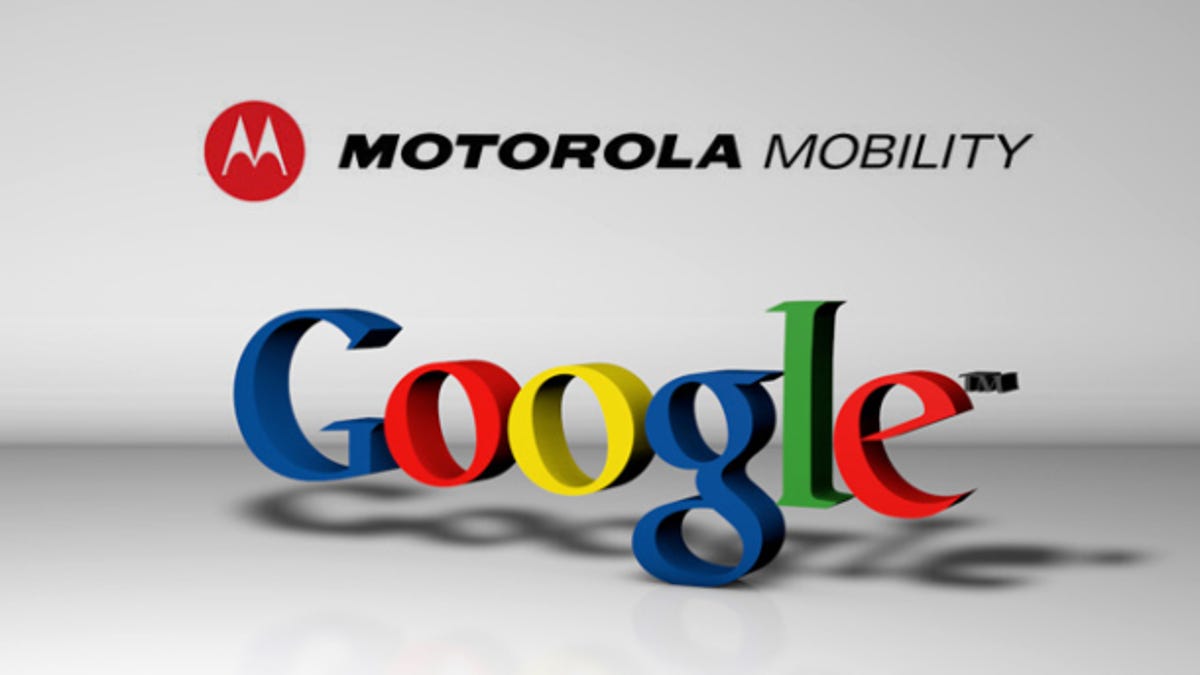Did Google flush $12.4 billion down the toilet with Motorola?
An EU warning to Motorola Mobility is just the latest defeat that has some wondering why Google bought the handset and TV set-top box maker.

When Google said it would acquire Motorola Mobility for $12.4 billion, it was applauded as a bold move to shore up its patent position.
A year and a half and several legal setbacks later, many are wondering when -- and if -- Google will ever see a payoff.
The latest headache comes courtesy of the European Commission, which sent Motorola Mobility a formal list of complaints on Monday regarding how it uses its market position to seek and enforce a patent-related injunction against Apple.
Companies with a technology that's deemed by the industry as essential for all products have an obligation to license that intellectual property under what's known as "fair and reasonable" terms. The European Union is concerned that Motorola didn't give Apple a fair shake with that technology, made worse by Apple's claim that it has been willing to pay a royalty.
The warning letter, which potentially hamstrings how aggressive Motorola and Google can be in the courtroom, comes two weeks after a U.S. federal court judge ruled that Microsoft owed $1.8 million to Motorola for wireless and video codec patents -- a pittance relative to the $4 billion Motorola had originally sought.
Read More: Explained, Apple's not-so-secret favorite patent argument
The string of defeats has many becoming increasingly vocal about whether Google whiffed badly with its Motorola acquisition. Alongside the limited legal benefits Motorola has brought, the deal also caused a great deal of stress between its various vendor partners. While none admit it publicly, many felt put off by Google's purchase of Motorola and intent to keep running the handset business as a unit within the company.
Google has long maintained that Motorola runs independently of the Android program, but Motorola CEO Dennis Woodside reports directly to Google CEO Larry Page.
And what has that handset business brought? Little beyond continued losses that drag on Google's usually sterling financial results. In the first quarter, it lost $271 million, and there doesn't seem to be an end in sight for the red on Motorola's balance sheet.
Of course, the results are a speck on Google's broader performance. In April, it posted a first-quarter operating profit of $3.48 billion and said it had $50 billion in cash.
Google's only real positive move was to unload Motorola's home set-top box business for $2.3 billion, ridding itself of 7,000 employees and a series of patent lawsuits.
Motorola's handset business, meanwhile, has been in the midst of a transformation, and has yielded some solid, if unremarkable, phones. The continuation of the Razr brand has kept Motorola somewhat on the radar, but it has little else going for it right now.
Perhaps the rumored "X Phone" will give it something to crow about. But for now, Motorola is looking increasingly like a high-profile blunder by Google.

